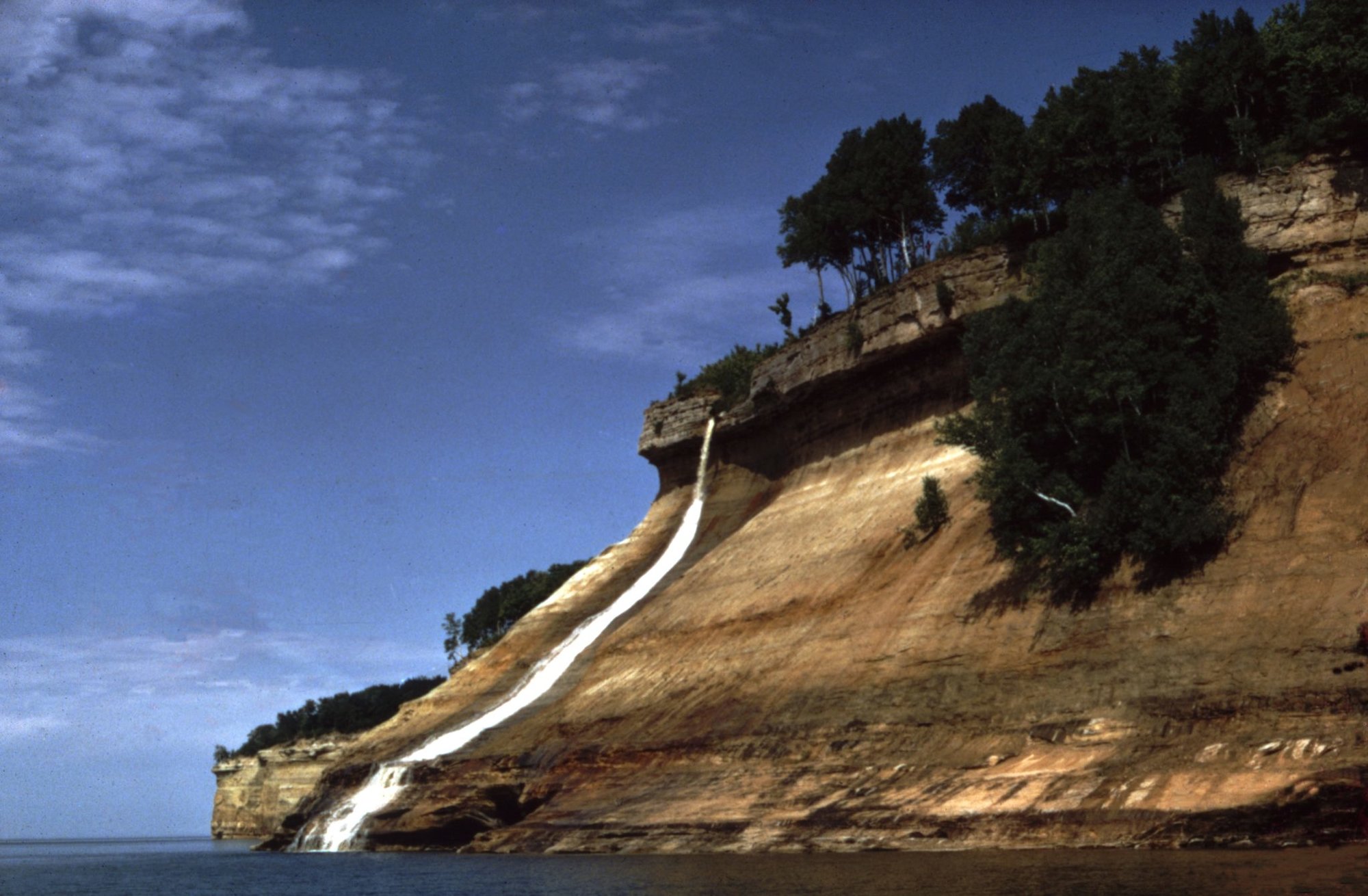
Bridalveil Falls cascades down the Pictured Rocks. This springtime waterfalls slow to a trickle by summer. Photo courtesy of the National Parks Service.
They don’t call them the flyover states for nothing — many simply see the Midwest as flat, uninspiring land between the mountain ranges. No doubt, it’s hard to compete with the spectacular scenery of the far western states. However, the vast swathes of land between Appalachia and the Rockies offer plenty of solid hikes and beautiful vistas, even if you have to look a little harder to find them.
People who cross off the Midwest as a hiking destination miss out on a ton of worthy destinations. From towering lakeside cliffs to ancient and intriguing ruins, the region has a myriad of options for outdoors people.
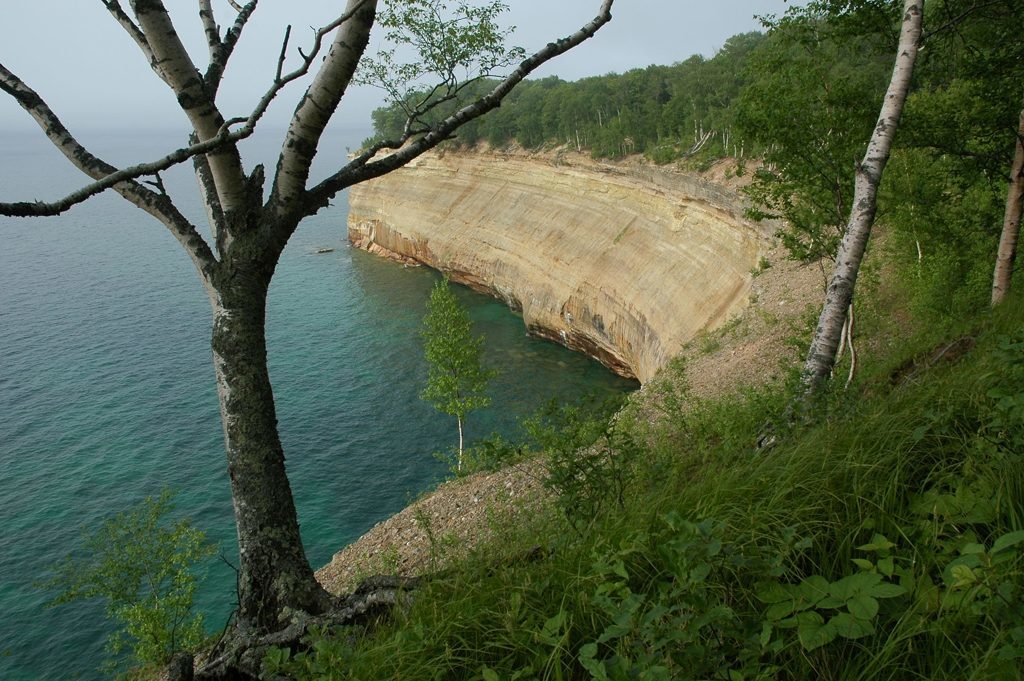
Pictured Rocks National Lakeshore, Michigan
Most people don’t realize that Michigan is a great hiking destination. Tucked away on the Upper Peninsula, the Pictured Rocks National Lakeshore offers a stunning array of cliffs and wild forests set beside Lake Superior.
With over 100 miles of trails to explore, the lakeshore area has a hike for anyone, from children and people with limited mobility to avid hikers and paddlers. And if you are a seafaring person, grab your kayak — the best way to see the Pictured Rocks is from the water.
Towering sandstone cliffs topped by forests make quite the impressive scene. It’s a place worth repeat visits.
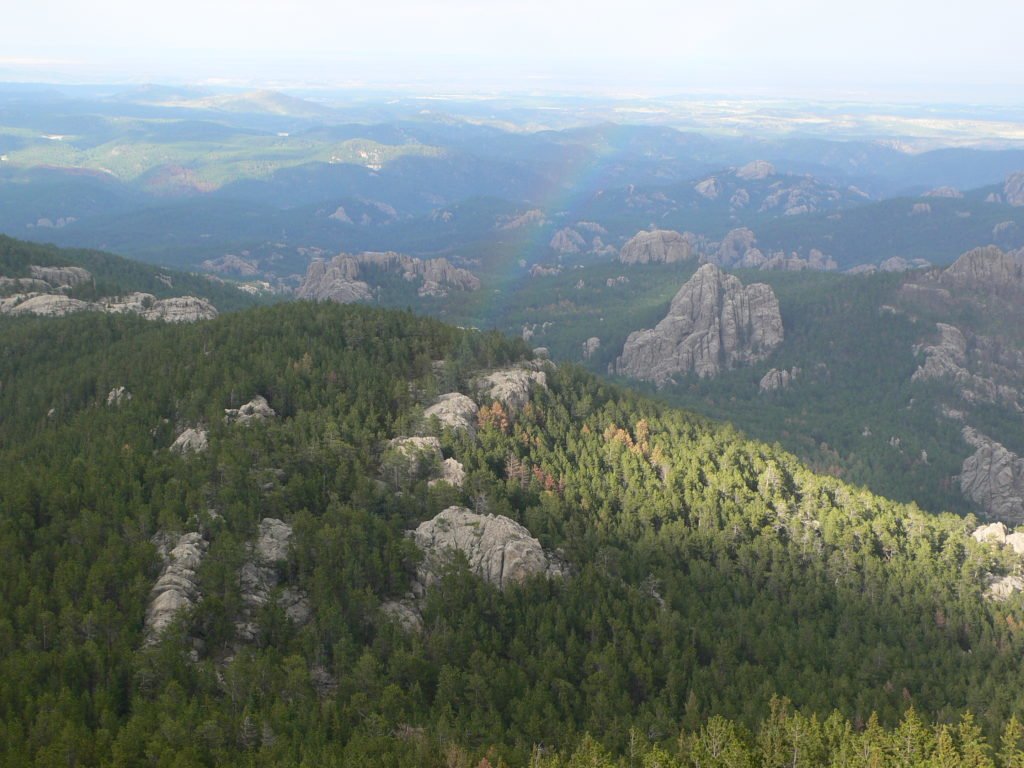
Black Elk Peak, Custer State Park, South Dakota
Contrary to popular belief, South Dakota is not as flat as a frying pan. The Black Hills region of the state has spectacular hiking in its own right, and no place epitomizes this quite like Black Elk Peak. It’s the tallest point in the state at 7,242 feet above sea level and about 2,000 feet above its surroundings.
Rising from the craggy rock formations of the Badlands, the peak offers a commanding view of the area, but there’s more here than a solid hike. The peak’s namesake, Black Elk, was an Oglala Lakota medicine man and the subject of “Black Elk Speaks,” written in 1932.
The tale of Black Elk’s visions is moving and worth reading for anyone interested in Native American history, heritage, or culture.
Think of the challenging 8-mile hike as a eulogy. Never forget what has been lost during America’s westward drive. The Badlands have a checkered past, and Black Elk Peak stands over the land as a silent tribute.
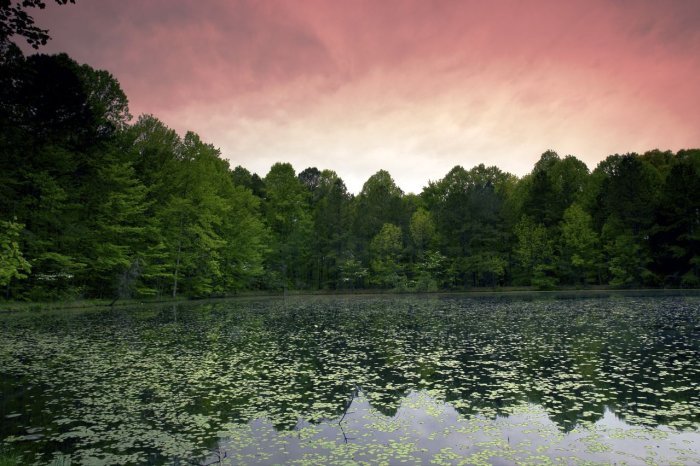
Peninsula Trail, Charles C. Deam Wilderness, Indiana
Set just to the south of Monroe Lake, the Charles C. Deam Wilderness offers visitors considerable hiking through the eastern woodlands with plenty of camping opportunities.
The Peninsula Trail stands out among the other trails in the area because, as its name implies, it takes the hiker to the tip of a peninsula in Monroe Lake.
The resulting scenery, especially around sunrise and sunset, is amazing. Pack a fishing rod and some bug spray, and you can head out for a day hike or an overnight trip without a problem.
While few people associate Indiana with hiking, the southern part of the state features several state forest with rolling hills that make it a destination for those who like to spend time in the great outdoors. The Charles C. Deam Wilderness and Lake Monroe are definitely worth checking out.
Cahokia Mounds, Illinois
Some hikes are more than simple walks through the forest, especially when the locations are steeped in history. For anyone who likes both, a visit to the Cahokia Mounds is mandatory.
Located across the Mississippi River from St. Louis, Missouri, little is known about the Native Americans who built these impressive structures. However, the site is awe-inspiring.
Visitors should start at the interpretive center and go from there, armed with a map and some basic background knowledge. The trail network is about 10 miles long and takes you past Monk’s Mound, the largest pyramid, and Mound 72, where there is evidence of human sacrifice.
Cahokia was the center of major Mississippian cultures in the first millennium AD but faded into obscurity. Modern historians don’t even know the settlement’s original name — the name “Cahokia” was given to the area by French explorers in the 1800s.
Anyone interested in Native American history should visit these mounds. And if you find yourself eager for more knowledge after visiting Cahokia, check out “1491” by Charles Mann. The book is an impressive study of pre-Columbian America.
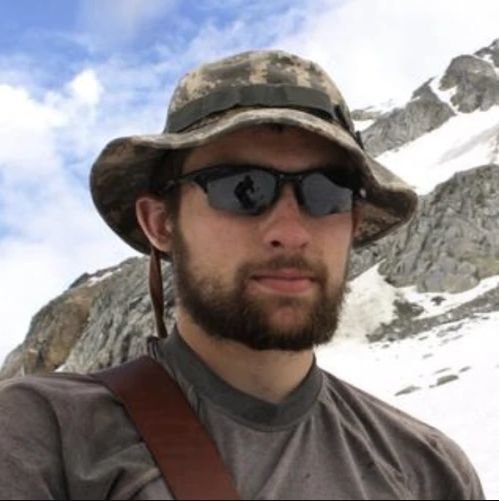
Garland Kennedy is a contributing writer for Coffee or Die. As an avid backpacker and outdoorsman, he has explored wide-open spaces all over North America — from the forests of North Carolina (he’s a graduate of UNC-Chapel Hill with a degree in medieval history) to the mountains of Alaska. His previous bylines include gear reviews on RockChuckSummit.com.
BRCC and Bad Moon Print Press team up for an exclusive, limited-edition T-shirt design!
BRCC partners with Team Room Design for an exclusive T-shirt release!
Thirty Seconds Out has partnered with BRCC for an exclusive shirt design invoking the God of Winter.
Lucas O'Hara of Grizzly Forge has teamed up with BRCC for a badass, exclusive Shirt Club T-shirt design featuring his most popular knife and tiomahawk.
Coffee or Die sits down with one of the graphic designers behind Black Rifle Coffee's signature look and vibe.
Biden will award the Medal of Honor to a Vietnam War Army helicopter pilot who risked his life to save a reconnaissance team from almost certain death.
Ever wonder how much Jack Mandaville would f*ck sh*t up if he went back in time? The American Revolution didn't even see him coming.
A nearly 200-year-old West Point time capsule that at first appeared to yield little more than dust contains hidden treasure, the US Military Academy said.












